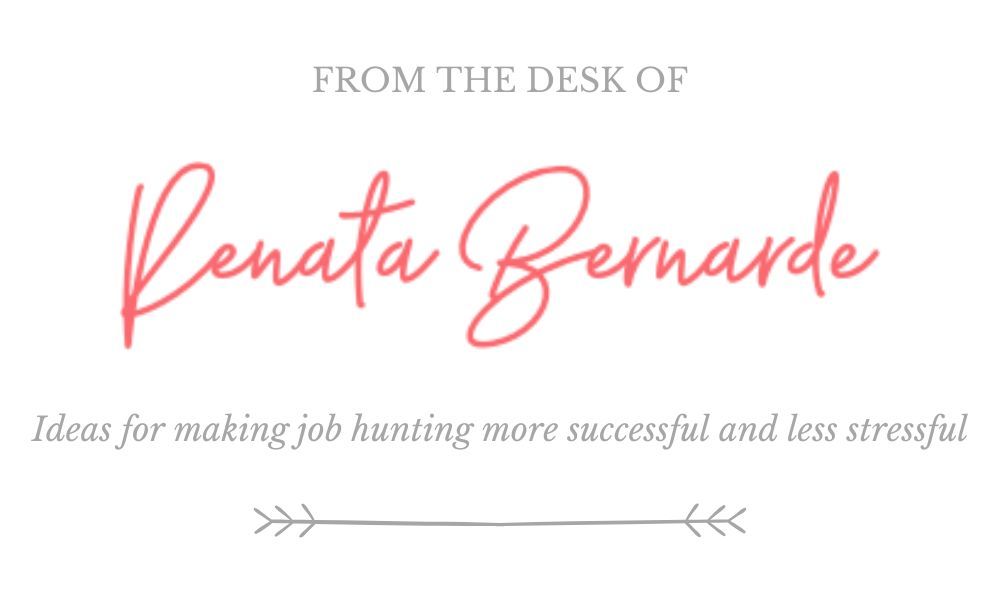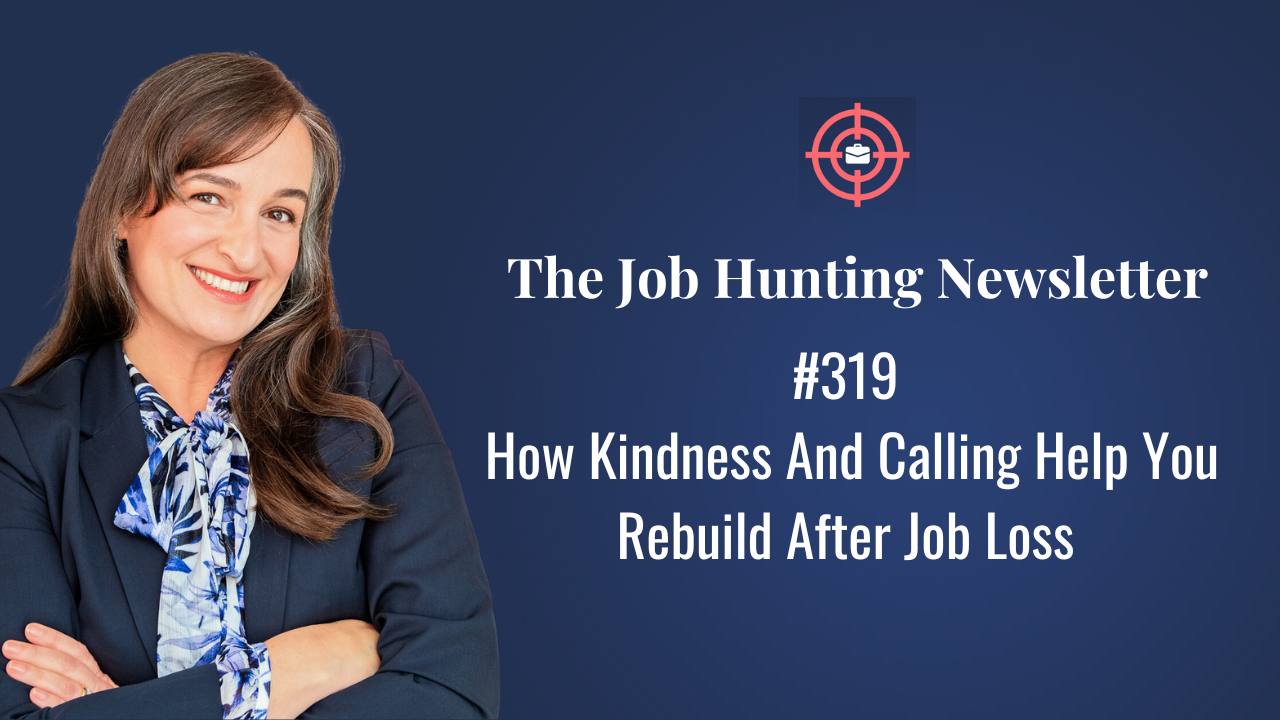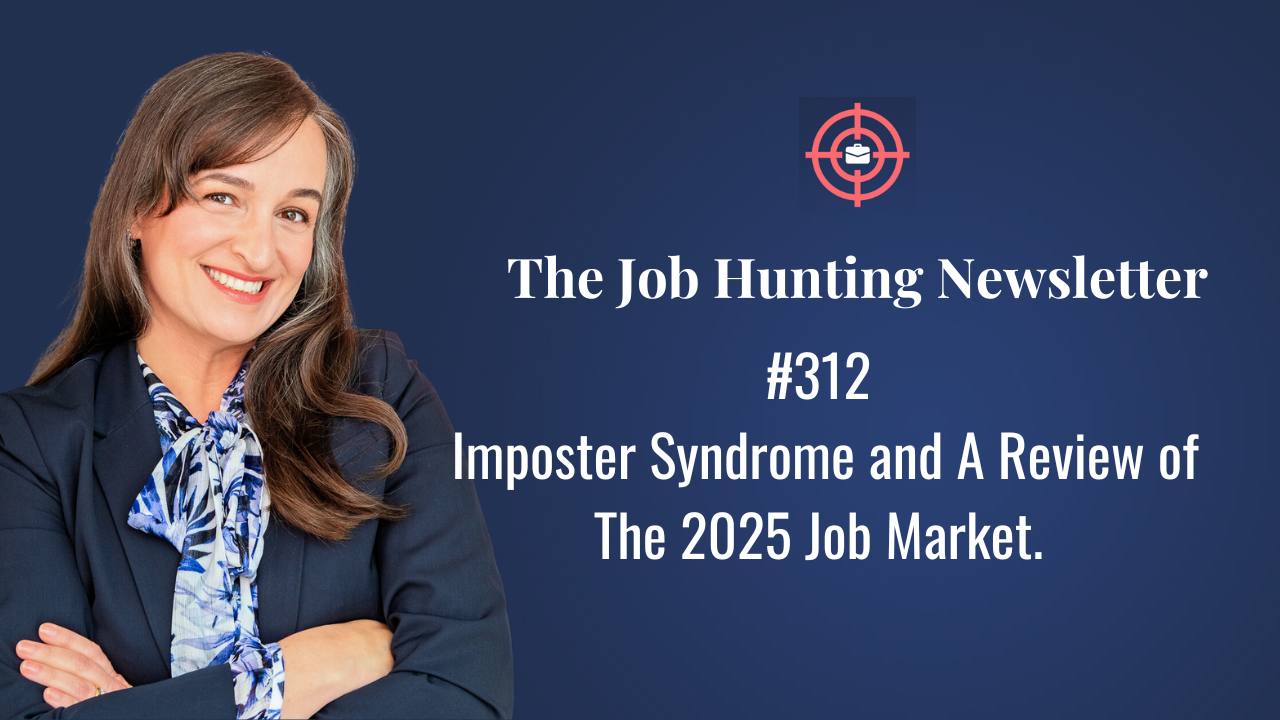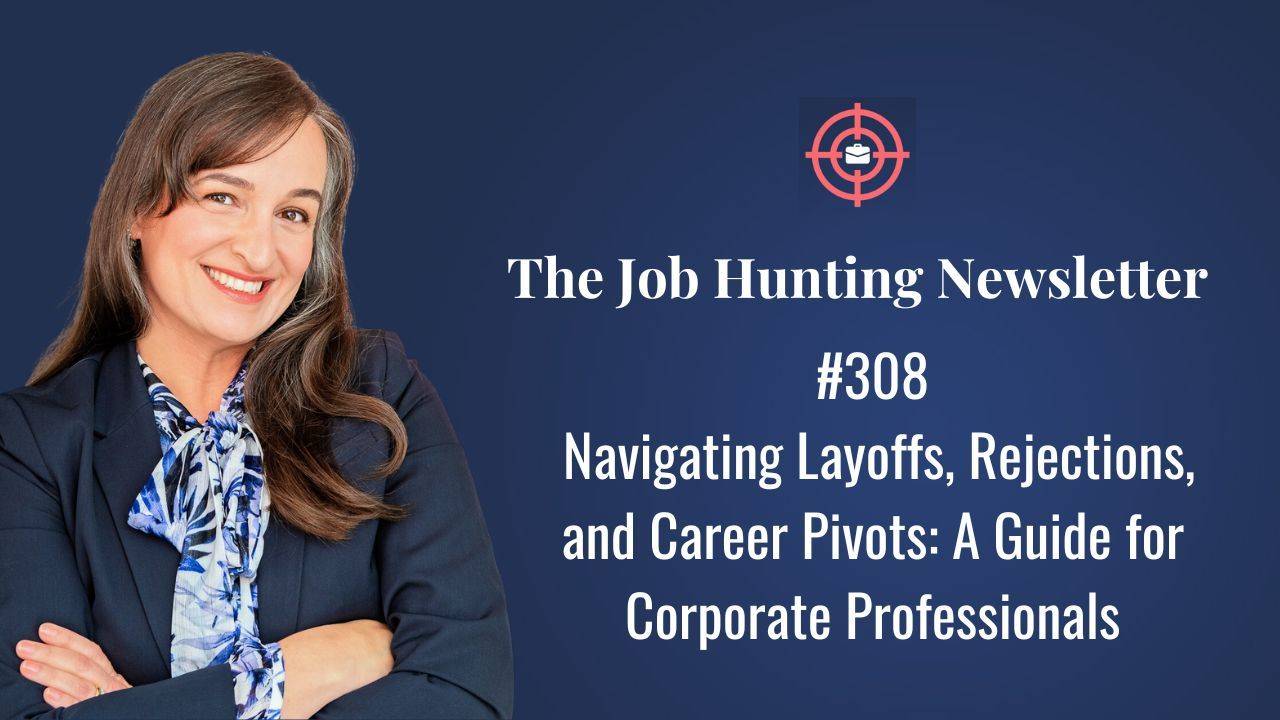Hiring is happening, but it’s slow, selective, and risk-averse
In April 2025, experienced corporate professionals in the United States and Australia, my biggest client and podcast markets, are navigating a cautious and competitive job market shaped by economic pressure and political transitions. In the U.S., GDP growth has slowed to around 2.2%, with persistent inflation and elevated interest rates contributing to a more conservative hiring landscape. While sectors like tech and finance have seen numerous layoffs, opportunities remain in healthcare, infrastructure, and energy transition industries, especially for professionals who can position themselves as strategic and adaptable leaders. However, hiring processes are slower, more selective, and often driven by internal referrals or quiet headhunting rather than open advertisements.

In Australia, the announcement of a federal election has created a familiar climate of business hesitancy, with many organizations pausing major decisions, including recruitment, until election results are clear. Historically, elections prompt a temporary freeze in corporate hiring, particularly in industries reliant on government contracts or regulatory stability. Although the broader economic outlook is improving, with projected GDP growth of 1.75% this financial year and interest rate cuts on the horizon, the immediate effect is a slowdown in advertised roles, especially at the executive level. For corporate professionals over 40, success in this environment depends on tapping into the hidden job market, strengthening networks, getting expert support, and aligning with sectors less affected by electoral cycles, such as health, education, and infrastructure.

Across Europe and the UK, professionals are facing a similarly cautious employment climate, with key differences shaped by regional economic pressures and political uncertainty. In the UK, while inflation has eased and interest rates are expected to decline in 2025, business investment remains subdued due to uncertainty around regulatory changes and trade policy in a post-Brexit environment. Many industries, including financial services, retail, and manufacturing, where many of my clients work, have adopted a “wait and see” approach ahead of a likely general election, mirroring the pause seen in Australia. In mainland Europe, Germany's industrial slowdown, France's pension reform unrest, and persistent inflation in Southern Europe have dampened executive hiring appetite. However, green energy, digital transformation, and EU-funded public sector programs offer selective opportunities for seasoned professionals, especially those with bilingual or cross-border experience. Flexibility, multilingual communication skills, and readiness to take on fractional or interim roles are increasingly valued across the continent.

What all of this means for me, as a career coach on the front lines of this changing landscape, is that I’ve never been busier. Over the past few months, I’ve had many professionals reaching out, often in urgent situations, as their roles are made redundant or placed under review. It’s clear that even the most experienced and capable individuals feel vulnerable in this environment. But I’ve also seen the other side: clients who started working with me late last year are now in fantastic new roles, some even exceeding their expectations. That gives me enormous confidence in the strategies I teach and the results they deliver. Whether through my courses or one-on-one coaching, I know those ready to invest in themselves and take intentional steps forward still land great jobs, even in a challenging market.

2025 Strategy Playbook for Job Seekers
1. Reframe Your Narrative
Experienced professionals must shift from trying to prove they are "still current" to acting with confidence and relevance. Your resume, LinkedIn, and interviews should reflect strategic thinking, not defensiveness.
- Tip: Avoid phrases like "despite my age." Instead, emphasize your ability to navigate uncertainty, lead during change, and deliver results.
- Example: “I’ve led teams through major downturns. I bring calm, clarity, and action when things feel uncertain.”
2. Reassess Your Target Role
Many professionals limit themselves by seeking only full-time, permanent employment. Instead, explore a broader set of opportunities:
-
Contract roles
-
Consulting projects
-
Portfolio careers with multiple income streams
Roles that value leadership maturity, such as transformation initiatives, governance, stakeholder engagement, or ESG strategy, are ideal for experienced candidates.
3. Strengthen Technical Application Skills
Even highly qualified candidates can be overlooked due to poorly written resumes or incomplete LinkedIn profiles. These are technical barriers that are not reflective of your competence.
Recommendations:
-
Match job market terminology in your resume.
-
Ensure LinkedIn reflects your current capabilities and leadership skills.
-
Use keywords and ensure the formatting is scannable by humans and ATS systems.
4. Make It Easy for Recruiters
Recruiters are under pressure and work in complex environments. Don’t ghost them. Respond quickly, communicate clearly, and provide concise materials that align with market expectations.
5. Leverage Your Network Like a Pro
Your next role may come from someone you haven’t spoken to in years. Renata emphasizes the importance of:
-
Keeping in touch with previous managers and colleagues.
-
Being top of mind during internal and informal discussions about upcoming roles.
-
Letting people know you’re looking without asking directly for a job.
Example: During the pandemic, Renata was offered contract work by a contact from a decade earlier. These serendipitous opportunities often stem from keeping your network warm.
6. Stay Visible and Active
The job search can be emotionally draining, especially when roles are limited. Maintain momentum by:
-
Applying for well-aligned roles
-
Networking actively
-
Attending events
-
Investing in microlearning or certifications
Avoid staying in a comfort zone. For example, applying from home may feel productive, but if not paired with networking or outreach, it may not lead to results.
Listen to This Week’s Episode
|
This newsletter barely scratches what is in this week's episode. I break down why qualified, capable people are being overlooked and what you can do about it. From resume mistakes to mindset traps to navigating a risk-averse hiring landscape, I share the real reasons job searches stall in 2025 and how to regain control. This episode will help you understand what’s changed, what matters now, and how to position yourself as a top candidate again.
- Listen to the full episode on the podcast website
- Listen on Apple Podcasts
- Listen on Spotify
- Listen on Audible

Time Out
I have had little downtime and have been working extra long days to support my clients. But that can't last long, and I must recharge soon. Here is what I have been doing to ensure I don't burn out.
- I have been listening to Canadian R&B singer and songwriter Daniel Caesar. Freudian is my favourite album. Click here for a taste :)
- I have been watching light TV, especially The Residence. I love it because it is so well written and shot. I usually love anything filmed in the White House because I'm such a policy wonk. But most importantly, the Australian-US connection is hilarious and on point.
- I listen to Vagus Nerve healing sounds an hour before I go to sleep, which helps me switch off work. You can search for them on your favorite music app or YouTube.
If this newsletter helped you:
- Please help me raise awareness for the newsletter. You can forward it to other professionals who may benefit from it. I will be forever grateful to you. They can click here to subscribe.
- Visit my website for more information about career coaching. There are services and courses available to help you achieve your career goals.
To your career success
RBX
Renata Bernarde | Career Coach | Host, The Job Hunting Podcast










